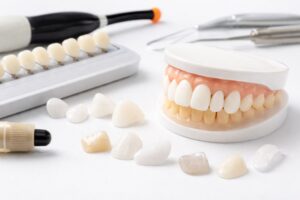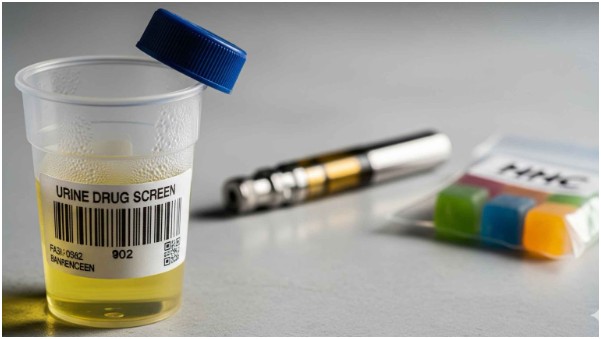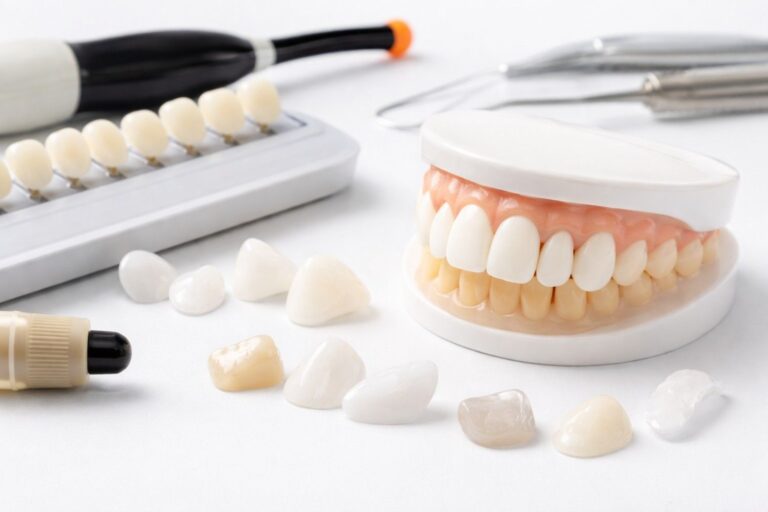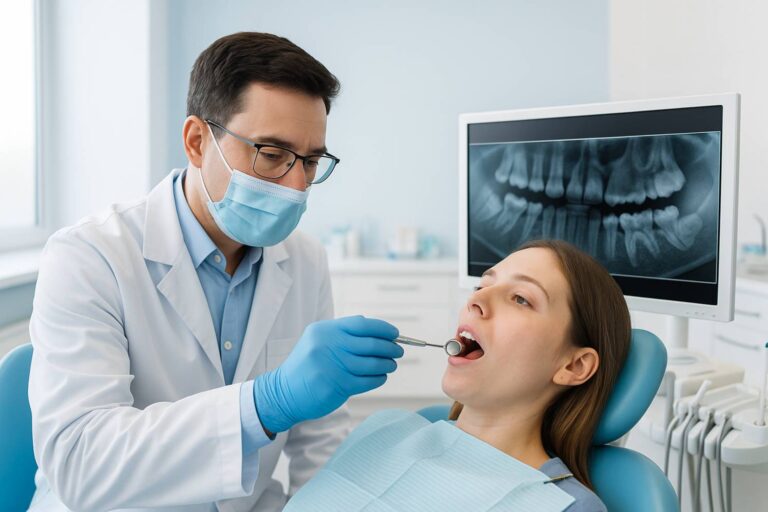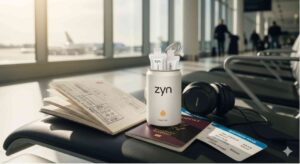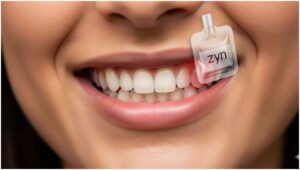I’ll never forget the first time someone asked me, “Hey, does HHC show up on a drug test?” I laughed, because honestly, I had no clue. I’d just tried HHC gummies for the first time, enjoying the mellow high that felt like delta-8’s cooler cousin.
But the next day, reality set in: a work event was coming up, and I knew random testing was on the table. Suddenly that innocent gummy felt less like fun and more like Russian roulette.
If you’ve ever been in that same boat—curious about HHC but nervous about whether it could flag you on a test—you’re not alone. The science is still evolving, but here’s what we know so far.
What Exactly Is HHC?
Hexahydrocannabinol (HHC) is a semi-synthetic cannabinoid derived from hemp. It’s created by hydrogenating THC, which changes its molecular structure slightly while keeping many of the same psychoactive properties. Translation: it can get you high, but often in a smoother, less intense way than delta-9 THC.
The big appeal of HHC is that it sits in a legal gray area in the U.S. Because it’s hemp-derived, it’s often sold online and in stores where traditional cannabis isn’t legal. But just because you can buy it legally doesn’t mean you’re safe when it comes to testing.
Does HHC Show Up on a Drug Test?
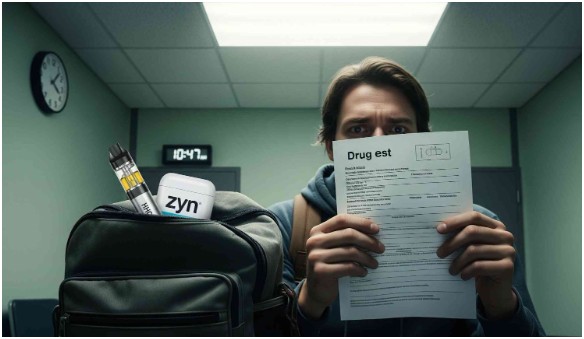
Here’s the tricky part: most standard drug tests don’t look for HHC itself. Instead, they’re designed to detect THC metabolites—the byproducts your body produces when it processes THC. Since HHC is structurally similar to THC, your body may metabolize it into compounds that look suspiciously similar on a test.
Early research and user reports suggest that HHC can trigger a positive result on a drug test, particularly the common urine screenings used by employers. The exact outcome depends on the test sensitivity, your metabolism, and how much HHC you’ve consumed.
So, while HHC isn’t technically THC, the overlap in how it’s processed means the answer is frustratingly close to “yes.”
Why Do Drug Tests Pick Up Cannabinoids Like HHC?
Drug tests don’t usually go after the original compound. Instead, they’re hunting for metabolites—those little chemical footprints left behind as your body breaks substances down. In the case of THC, the main metabolite is THC-COOH, which is what urine tests detect.
Because HHC is hydrogenated THC, your body may produce similar metabolites after use. This is why people who consume HHC sometimes fail tests even though they didn’t technically ingest delta-9 THC.
And here’s the kicker: there isn’t a commercially available drug test specifically for HHC. So if you fail, it’s usually flagged under the same category as THC use.
How-To: Minimize the Risk of Failing a Drug Test After Using HHC
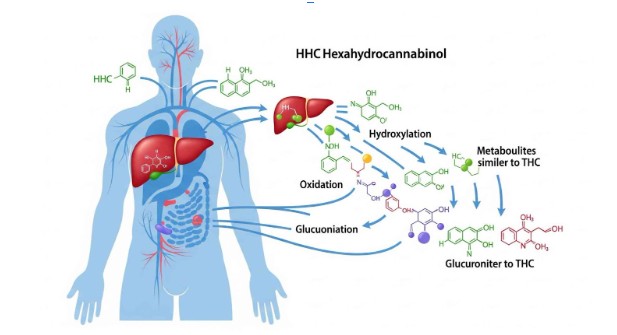
If you’re in a position where drug testing is possible, here’s a strategy I’d recommend:
Step 1: Know your timelines. THC metabolites can stick around anywhere from a few days to over a month depending on your frequency of use. HHC hasn’t been studied as thoroughly, but early reports suggest it behaves similarly.
Step 2: Avoid use before testing periods. If you know a test is coming up, the safest bet is to stop HHC altogether. No detox tea or gimmick beats abstinence when it comes to passing.
Step 3: Hydrate and move. Staying hydrated and maintaining regular exercise may help your body process metabolites faster. It’s not a magic fix, but it supports natural detox.
Step 4: Keep documentation. If you’re using HHC legally in your state, save receipts or product info. While this won’t necessarily change a positive result, it gives you evidence if questions arise.
Are HHC Side Effects Similar to THC?
Yes, and this is another reason tests may blur the line. Users often report dry mouth, red eyes, increased appetite, and mild euphoria. Some say HHC gives them less anxiety than delta-9, while others find it almost indistinguishable.
Because the effects overlap so heavily, it makes sense that drug tests don’t differentiate. To the test, cannabinoids all look pretty similar once your body breaks them down.
FAQs About HHC and Drug Testing
Q1: Does HHC show up on a 5-panel drug test?
Most likely, yes. The 5-panel test checks for THC metabolites, and HHC may produce similar ones. Even though it’s hemp-derived, don’t assume it’s invisible to testing.
Q2: How long does HHC stay in your system?
It depends. Occasional users might clear it in a few days, while regular users could retain metabolites for weeks. Your metabolism, body fat, and dosage all play a role.
Q3: Is HHC federally legal?
Technically yes, under the 2018 Farm Bill, as long as it’s derived from hemp with less than 0.3% delta-9 THC. But legality doesn’t protect you from drug test results.
Q4: Can detox products help me pass a test after HHC use?
Some claim to work, but the science isn’t reliable. Hydration and time are the only proven ways to reduce metabolites in your system.
The Bottom Line: Don’t Gamble With Your Job
So, does HHC show up on a drug test? The safe answer is yes, it can. While the science is still evolving, too many reports point to positive results for anyone relying on standard screenings. If your job, probation, or athletic career depends on passing, HHC isn’t worth the risk.
Personally, I see HHC like any new gadget—it’s cool, it works, but it’s not flawless. Just because it’s legal doesn’t mean it’s invisible. If you’re going to use it, do so responsibly, and understand the trade-offs before you find yourself in a sticky situation.
My final advice: if you’ve got a test on the horizon, skip the HHC. It’s better to stay clear-headed at work than to explain why your “legal hemp product” flagged you for THC.

